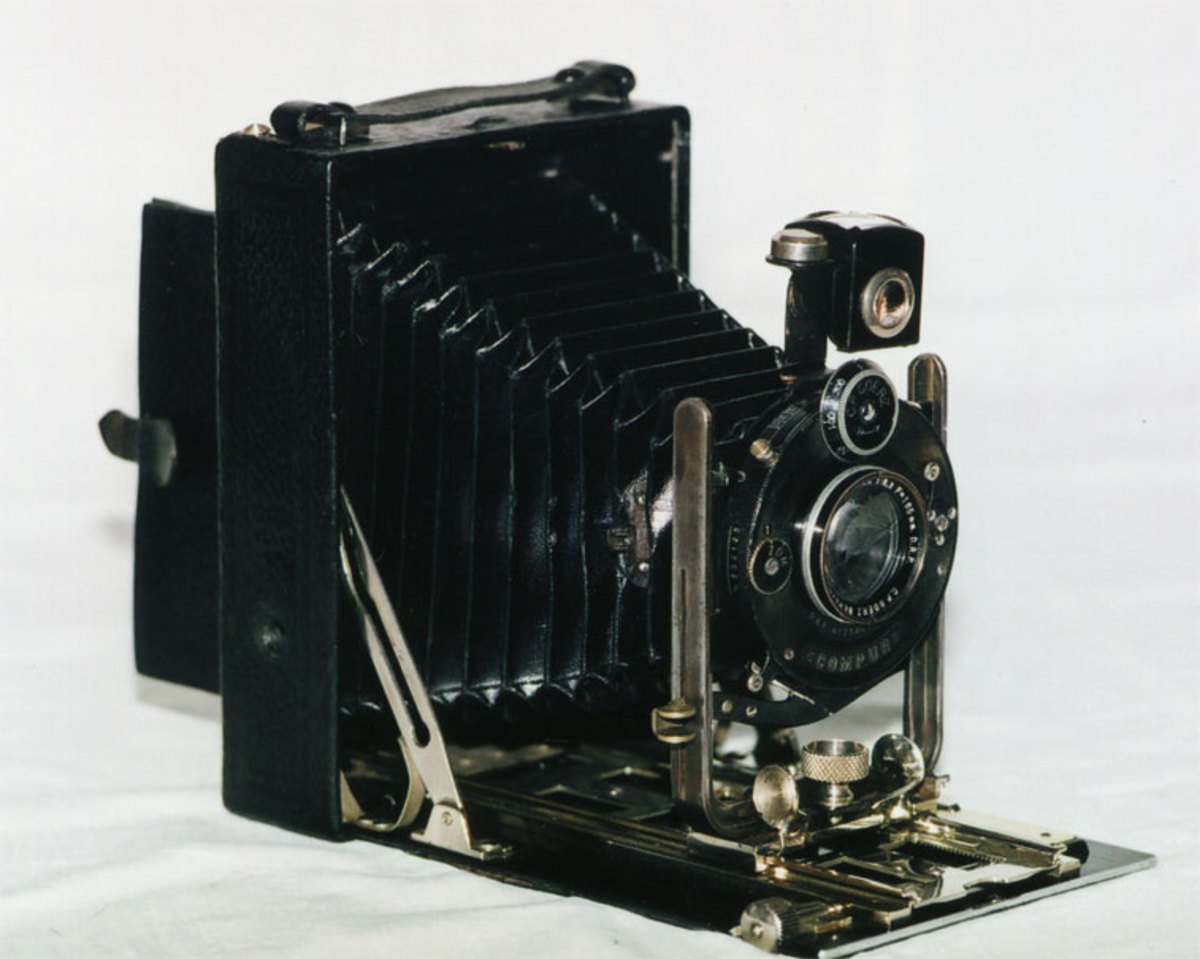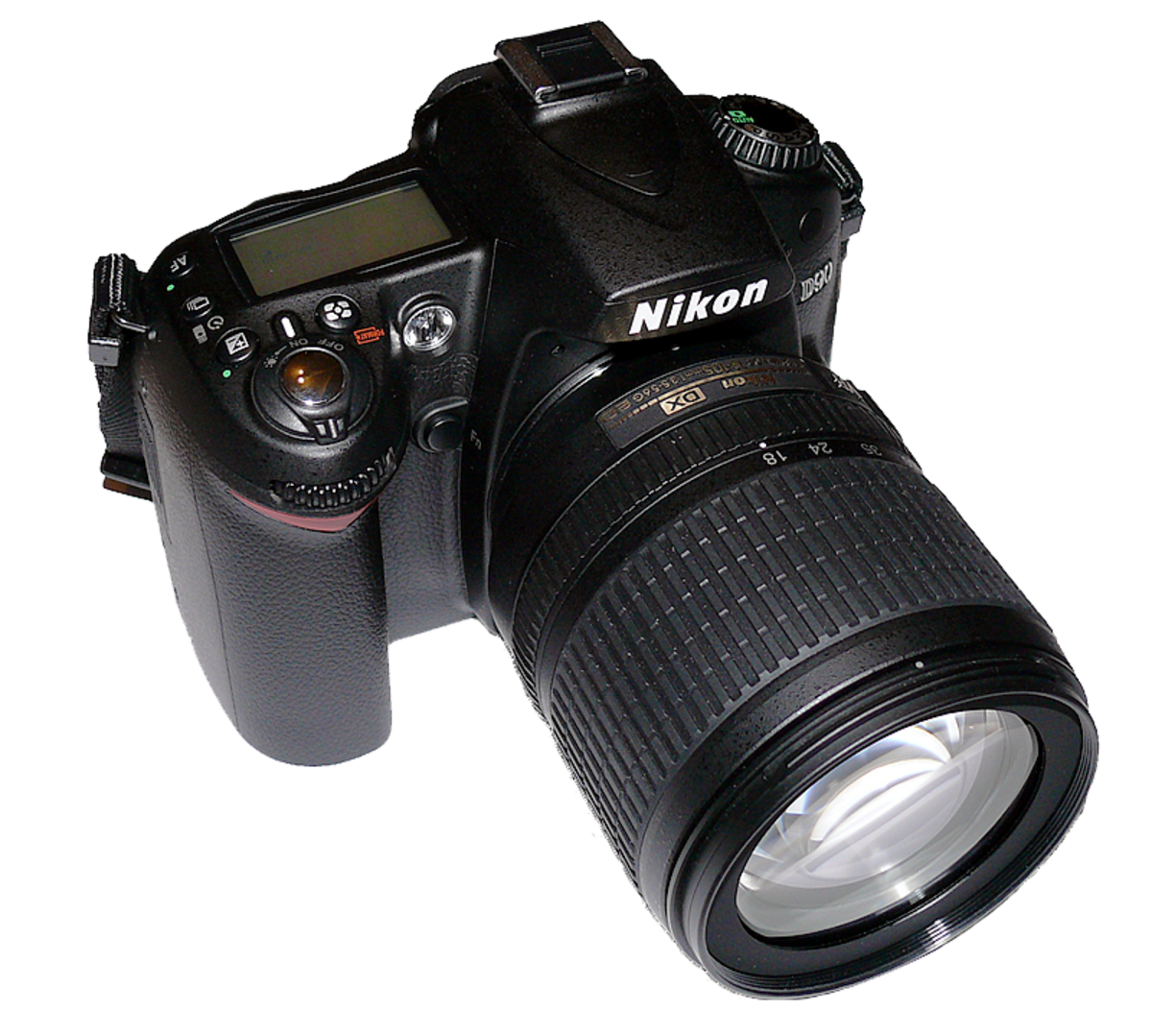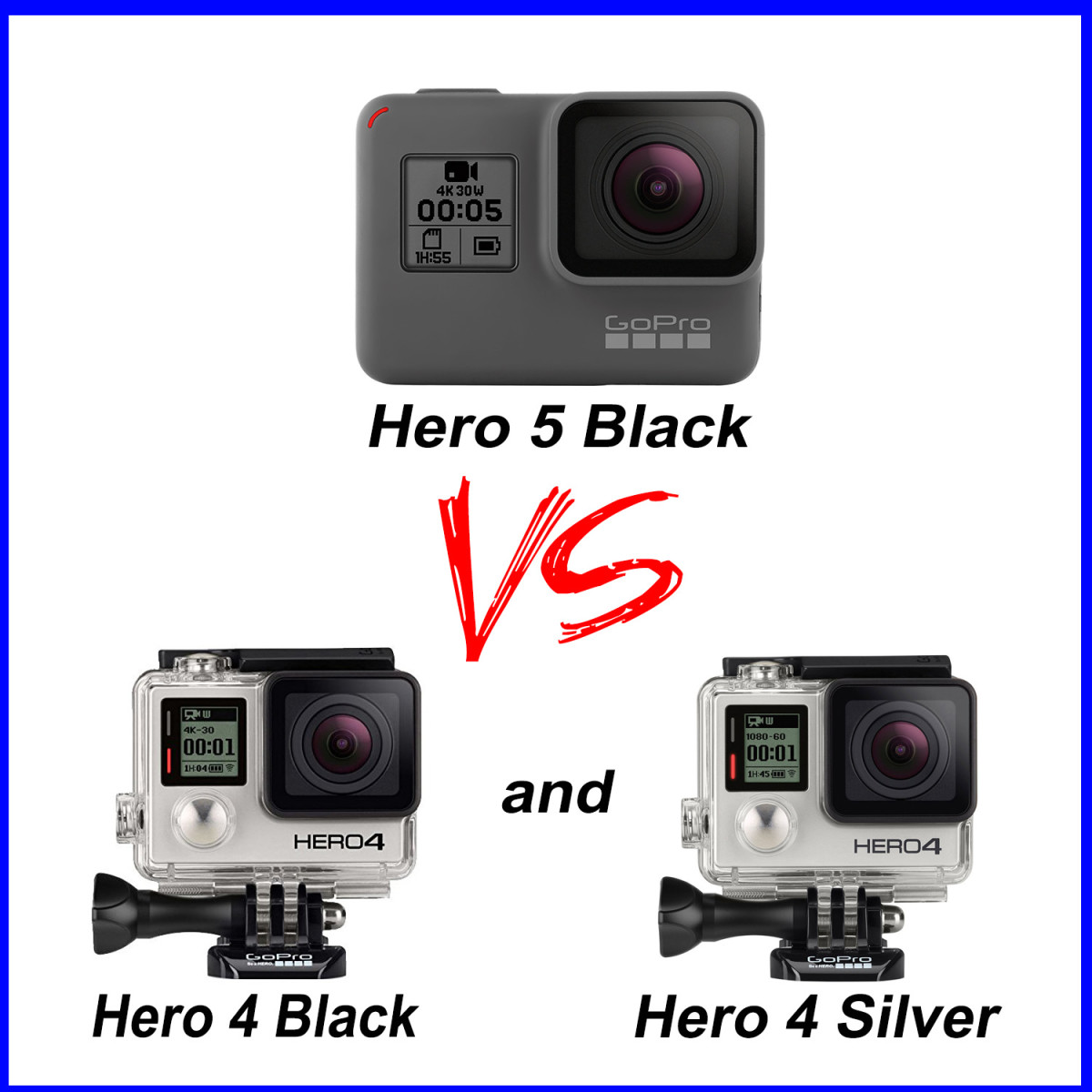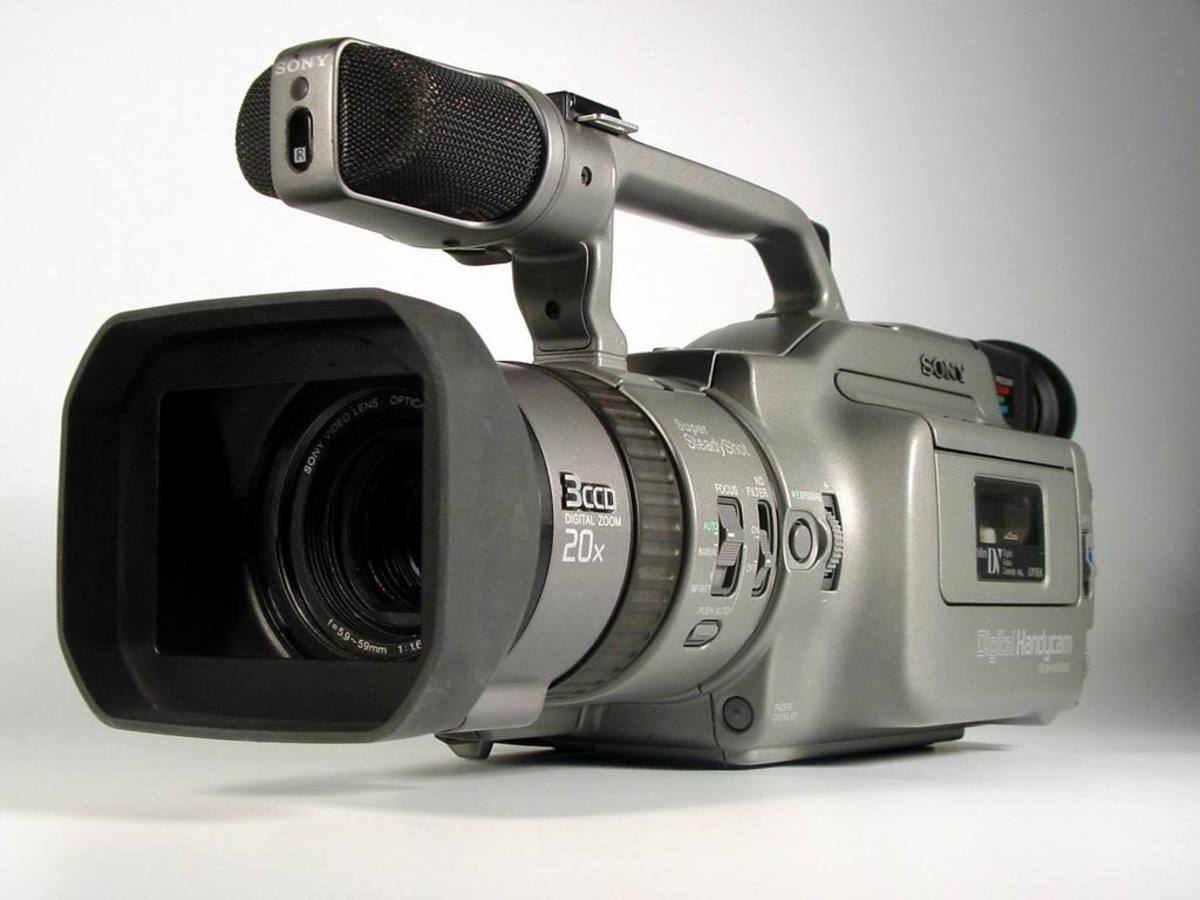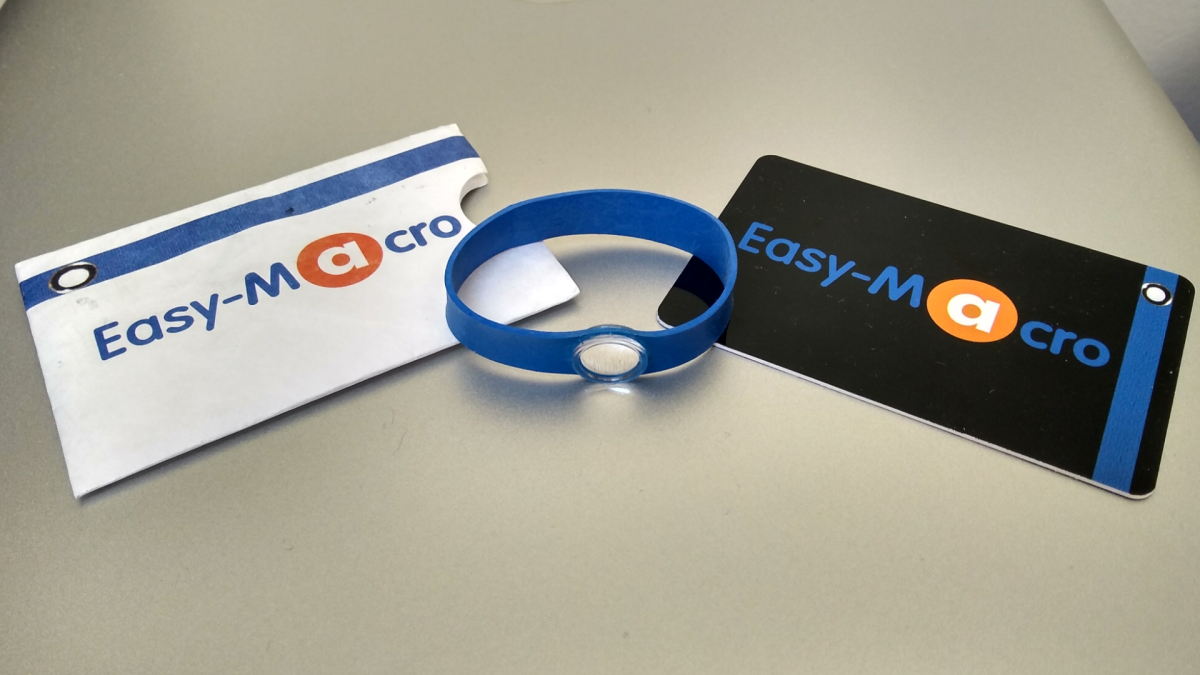- HubPages»
- Technology»
- Consumer Electronics & Personal Gadgets»
- Portable Electronics
Full Frame Digital SLR -- what are the advantages?
Basics of Full Frame
I have already discussed the importance of camera sensor size in a previous post about things to consider when buying a new digital camera. Now I will focus on just one aspect: the unrivaled advantage of full frame cameras.
I guess the first obvious reason would be how it can optimize the use of prime lenses. For instance, if you have let's say a 50mm 1.4 lens, the cropped sensor will significantly make the shot smaller. This makes you have to back up at times when there isn't much space and since your photo is smaller, the ideal photo and bokeh or blurred background you are looking for will be cropped. Imagine how beautiful a shot can be if the background is in proportion to your subject without being cropped plus with that beautiful focus that is brought about by prime lenses with apertures like 1.4 or 1.8. You will get amazing DOF or Depth-of-field results. In my opinion these lenses are really designed for portraits and this is why getting a full frame can really maximize your use of these lenses.
Basically, full frame makes the digital camera sensor size the same as 35mm film cameras. Most prime lenses were designed specifically for these cameras.
Example of Canon DSLR Full Frame
Example of Nikon Full Frame DSLR
Some examples of Full Frame Digital DSLRs
It is really so hard to explain what the advantages of full frame are. You would have to see for yourself. I think the best way would be for me to recommend that you try out film. Film photography is really an amazing learning experience that can show you another side of photography. There are still many purists out there who would still prefer the quality of film over digital. And of course, there is much more skill to be learned in the world of film photography.
A bigger camera sensor will also definitely increase the quality of your photos. This is why many cameras out there, as I have discussed in the previous hub (the link is above), advertise that megapixels is the most important. The high count of megapixles become their selling point. But really even if your camera has high megapixel count, it will not have a quality photo if the camera sensor is small. This explains why some cellphone cameras claim to have high megapixel count but still have low quality photographs. We all should really be skeptical consumers and research more about these things first before deciding to buy anything.
Well, anyway, back to the concept of why full frame is better. Having a bigger sensor will also mean more detail on your photograph. You will be surprised at how low quality your cropped sensor is if compared to a full frame camera (even if you compare the same shots). This is because the bigger camera sensor gets to capture more light and more detail.
One of my Dream Cameras: The Leica M9
My Dream Full Frame
The video camera review above showcases one of my dream cameras. The Leica M9 has a full frame camera sensor, as we have been talking about. Plus, even if it is already a digital camera, it maintains the tradition and pedigree attached to the Leica brand. Keeping such a traditional and faithful design makes it so attractive and sexy, in my opinion. Plus the Leica M-system lens will make sure that you get ultra sharp photographs that they have been known for.
But if you are not into these kinds of vintage-looking cameras then there are two brands that you will surely look for. Here's a good comparison video review of the Nikon D3s vs the Canon EOS 1D Mark IV.
Nikon vs Canon Full Frame
Full Frame Digital Camera
You are now probably aware of the advantages and the concept of what a Full Frame camera is. Be sure to always check out reviews and learn more about these products before purchasing them. As you can see there are many reviews and even video reviews that give you an idea of what it's like to use these cameras.
Being that I am a Nikon user (in photography only cause I use my canon HV40 for video), and as we can see that the D3S beats the Canon 1D Mark IV in the noise test. So I guess I would recommend the Nikon Full Frame DSLR.
But it's still up to you to really research more on the features and compares prices of not just the camera but also the accessories and extra lenses that you will need to buy. Well, that's all for now. Be sure to stick around for some more informative reviews and comparisons.



